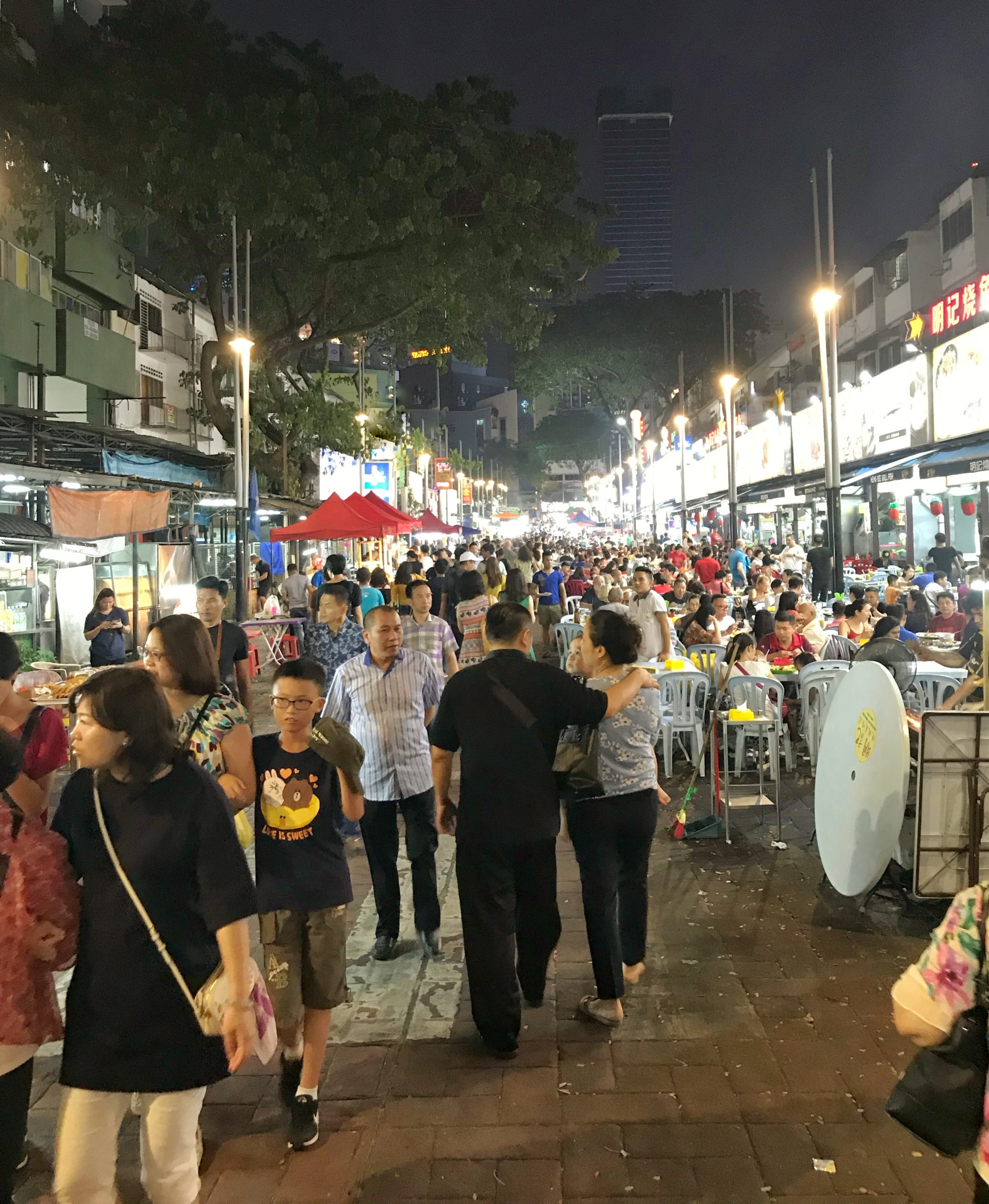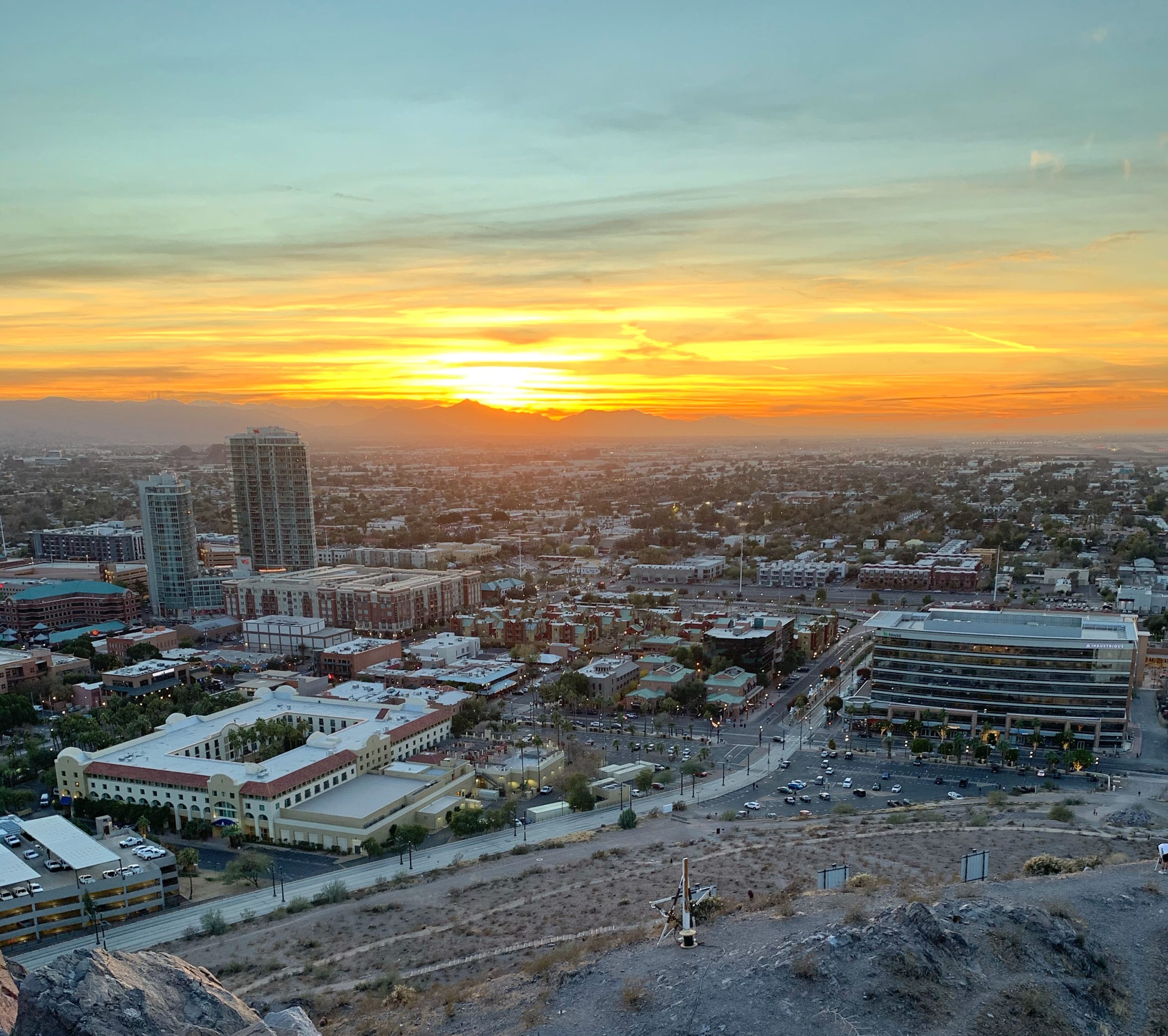“Blessed are the persecuted…”: A Refugee’s Journey from Living in Fear to Shining for Christ
Smoke smoldered from the white smart phone moments after it had been repeatedly smashed with a hammer. The man who had destroyed it swiftly buried it at the side of an ignominious back road of Kaleton,[1] and drove off. That phone represented the last connection Ava[2] had with family back home. She had given it to a friend to destroy so that her husband couldn’t find her or their children, after they had fled her home country.

For the previous 13 years, Ava lived as the only believer in her family, having been introduced to Christianity through a hospital staff member. She was discipled remotely because of the severity of persecution in her context. After suffering years of abuse at the hands of her husband, who was angry because she had become a Christian, she took her kids and fled to Kaleton. She didn’t speak English and had never traveled outside her country. Those who had discipled her asked friends in Kaleton to help Ava find somewhere to live temporarily, as she sought asylum in the West. Several different people stepped up to help at various points, as she waded through the winding and unsure process of asylum application. Some days she was excited to be free. On others, she despaired that she and her children would ever be granted asylum anywhere, that she would end up having to return to her home to a family who would likely kill her for running away. Her emotions pinged up and down, taking her kids with them.
Increasing the tension was the knowledge that her family members were actively searching for her and the kids in the city. She severely limited her outings and any online presence to avoid being found and forcibly returned. This reality brought a measure of danger to those housing her, as well. Feelings of isolation, fear and uncertainty often spiraled down into depression. Multiple rejections for asylum by various western countries fed the downward loop. Through all this, though, she clung doggedly to her faith in Christ. She poured herself into teaching her kids about Christ, and the hosts with whom they lived invested deeply in discipling the whole family. Her youngest could quote entire chapters of Matthew in both English and in his first language within months of arriving in Kaleton due to this intensive discipleship. The whole family shed tears of joy the day they were baptized in a private pool.
Finally, after about a year and a half, one western country cracked its doors open just enough to allow the little family in. Feeling both joy and uncertainty, they prepared to fly into another unknown situation. Friends had made contacts with local believers in this new country, who received Ava and her kids and helped them settle in. She was grateful for the help but expressed discouragement at the lack of zeal for the Lord she observed within much of the church in her new home. After suffering so much to cling to her faith, it was hard for her to understand why those in a free environment would take their faith so lightly.

Despite her discouragement with many local Christians’ lukewarm faith and her financial struggles to survive as a single mom who was still learning the local language, she determined that the Lord had not done so much in her life, brought her so far and worked so many miracles, for her to simply adapt to life and become comfortable in her new home. It wasn’t even enough that her children could now live safely and get a good education and that they could all practice their faith freely.
As their second Christmas in their new home approached, she determined to find some way to take the good news of Christ to the streets of her new city. In broken English, she explained, “I’m not leader. I’m not pastor. But … I spent my energy and my time for my Lord Jesus. Why? Because is He is my Savior. He is everything in my life.” She didn’t have many hard skills up to this point, but she taught herself to bake and to knit in order to have something to offer. Ava baked dozens of beautiful cakes and knitted scarves and then hit the streets of her city. She and her two kids gave away the cakes and scarves, along with Bibles, and told their story of how Jesus had saved them. “I take my church outside because I want to share with people what’s meaning of Jesus.”
She met a variety of reactions from people on the streets of her new post-Christian city, wondering why this foreign woman and her children were out giving stuff away and talking about Jesus. Perhaps there was some cynicism, but for many she truly struck a chord. As her son read John 3:16, and she struggled through her broken English to explain what this meant, some were moved to tears. Many wanted to know why she was doing this, and some plied her with questions about her faith. Some even commented that her face seemed to be shining.
For Ava, her love for Christ drove her to find some way to express her love for Him. Out of her deep suffering has poured a depth of love for Christ that many who grow up in the church struggle to relate to. As she pondered how to go about expressing this love, knowing her limitations, particularly her lack of fluency in English, she determined that the Holy Spirit could speak through her nonetheless. “Jesus, he speaks heart language,” she explained. And she has found Jesus to be blessing the work of her hands, bringing fruit from her efforts.
Her love for Christ has also poured into her a desire for others to know Him. She knows how He changes lives, the fullness faith in Him brings, and she wants others to experience that. “I try do something, not just stay at home, no. We are not in this life just for eat or breathe or have kids or study, no. We are here to help change this life for other people.”

Her joy in sharing Christ with others, in seeing her kids take part in this with her, overflows in her words. Her gratitude is not so much because the Lord physically saved her and her kids from a horrible situation and opened up a pathway as refugees, but rather, in her own words, “Because before I came here, He choose me. I want to meet Him and hug him and tell him I love him. This is what I can do. Maybe He gave me this idea in my head (to go out into the streets to share the Gospel). I can’t believe what He do with me. I am His daughter, yes, He is my king, He is my father, he is all things in my life. Maybe I’m not important for any people, but for Him I’m special.”
Those who received Ava and her children into their new home, helped her get settled and learn to adapt, have been a blessing to her. But the church in her new home has the great privilege of being spurred on by her deep, well-tried faith and to be encouraged to ask themselves the questions, “How am I living for the Lord? How am I stepping out in faith and allowing Him to use my life for His glory and fame?” We as the church have much to learn from our refugee brothers and sisters whose faith has been forged in the fires of persecution. Rather than simply being amazed and applauding their courage, may we absorb their example and live out a measure of this same faith in our own communities.
